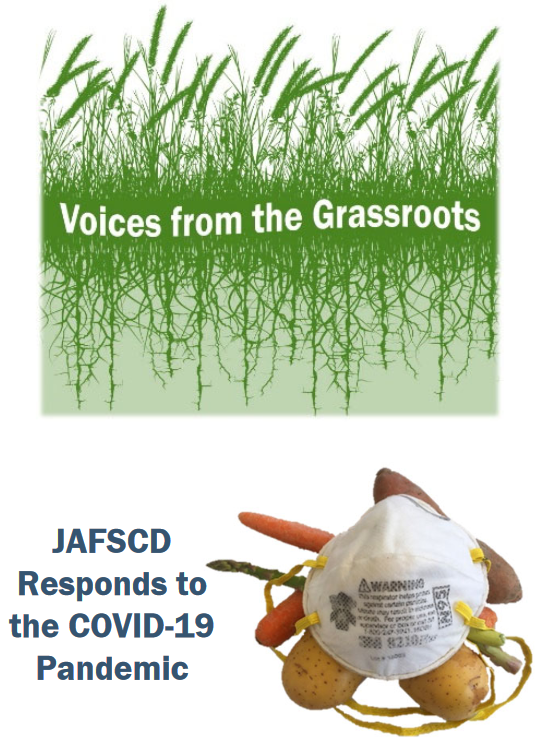Episcopal Farmworker Ministry and Disaster Response to COVID-19
DOI:
https://doi.org/10.5304/jafscd.2020.094.002
Keywords:
Farmworkers, Immigrants, Food AccessAbstract
First paragraph:
Farmworkers in the U.S. confront numerous challenges. They receive poverty wages and have high rates of wage theft, precarious immigration status, and a high risk of injury and fatality (Smolski, 2019). They also face rampant food insecurity, with 40 to 70 percent of farmworkers experiencing a lack of reliable access to nutritious meals (Minkoff-Zern, 2014). Add to these challenges poor mental health from social isolation for guest workers who hold H2-A visas for agricultural work, the potential of working under dangerous and abusive conditions, and substandard housing. The general picture is of a workforce vulnerable to exploitation that does not receive the same benefits and protections as other workers due to agriculture’s exemption from many labor regulations. These challenges have been exacerbated by the current pandemic, which has hit farmworker communities particularly hard (North Carolina Department of Health and Human Services [NC DHHS], 2020; Wozniacka, 2020). . . .
Metrics

Downloads
Published
How to Cite
Issue
Section
Categories
License
Copyright (c) 2020 The Authors

This work is licensed under a Creative Commons Attribution 4.0 International License.
The copyright to all content published in JAFSCD belongs to the author(s). It is licensed as CC BY 4.0. This license determines how you may reprint, copy, distribute, or otherwise share JAFSCD content.











